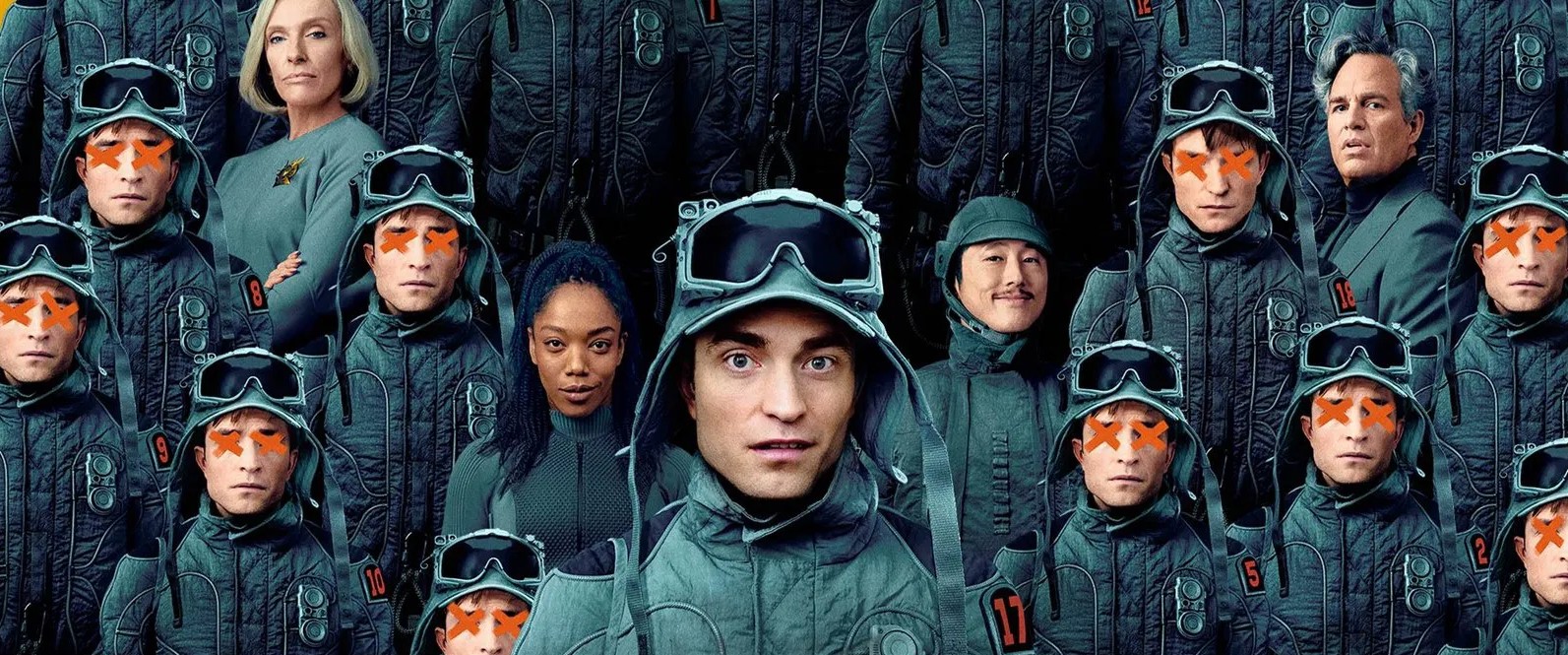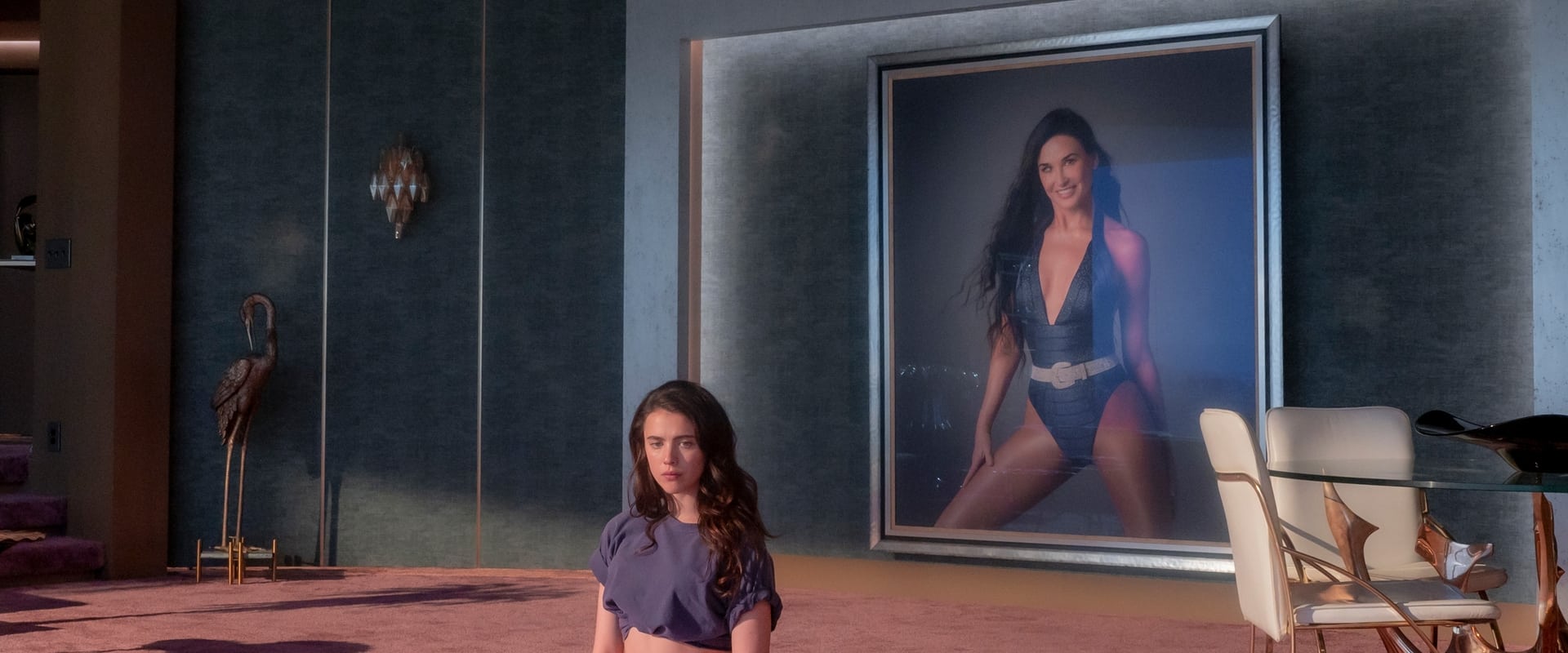There is an itch in contemporary science fiction which no number of tight scripts and digital vistas can entirely scratch: the genre longs to mean something again, to be both playground and arena, but all too often balloons out into ponderous “themes” and sterile future-worlds. It’s a relief, a relief laced with a kind of giddy disbelief, to witness Bong Joon Ho’s Mickey 17, a film that doesn’t just cross genres, but seems to tear them up and ball them in one trembling fist.
Bong, that weaver of capitalist nightmares and pop antic spirits, adapts Edward Ashton’s novel as if he’s racing against the very idea of narrative respectability. Its premise, a laborer who is repeatedly killed and cloned, like a crash-test dummy with a union card, should, by all rights, have collapsed into student-dorm cynicism or a mere vehicle for special effects. But as the picture careens along its chilly settlement on Niflheim, it proves to be a wild, lurching entertainment that constantly grabs at your lapels.
Robert Pattinson, who has made a career of ducking his poster-boy past and running toward actual danger, is the film’s cracked compass. His Mickey isn’t just the latest in a long line of sci-fi protagonists whose chief purpose is to reflect our social anxieties; instead, Pattinson—pale and wary as ever—gives us a double performance, splitting into Mickey 17 and Mickey 18, wrestling for dominion over a soul the universe considers worthless. The magic of this setup is that Pattinson never tips over into farce: the 17th iteration, all nervous goodwill and fear, is matched stride for stride by his 18th, a survivalist who seems to slough off ethics the way an old lizard sheds its skin, and what could have been mustache-twirling comedy instead becomes necessary, anxious drama. You watch with a kind of slowly mounting pleasure as Mickey’s arc, at first, a whimper, turns into a kind of existential war-cry.
This is not to say that Bong has scoured the film of levity. On the contrary, his sense of the slapstick, the absurd (that tipped edge between the tragic and the idiotic), is everywhere. The command crew, all narcissistic blowhards and polite sadists, Mark Ruffalo twirling Kenneth Marshall’s egotism into an oily performance, barely mask the film’s central joke, that human lives here are not so much cheap as entirely beside the point. Even the “ally,” Timo (Steven Yeun’s grin stretching thin and then snapping), proves merely the latest in a series of betrayals, gulling Mickey into debt and further indignity. There’s a pungency in these relationships, a willingness to let even the most winning face betray us, and still Bunny keeps the machinery moving, a shell-game of loyalties that, in a lesser film, would feel mean-spirited, but here carries the sting of the necessary joke.
But Bong does not allow himself, he never has, to become the pedant, and his film, for all its talk of cloning and wage slavery, is not a treatise on the evils of contemporary capitalism. The film’s thematic structure, as you have rightly pointed out, is at its best when it’s at its most carnivalesque: the creeping realization that one’s entire worth can be quantified in company scrip is all the more horrific because the movie never lets us believe in a hero’s triumph over the system. We are left, instead, somewhere between laughter and dread. That’s where Bong likes to keep us.
The production itself, icy exteriors, eccentric interiors, the uncomfortably whimsical design of the Creepers, presents a landscape at once derelict and inviting, every set a kind of visual pun, every costume glancing at the old Hollywood tradition of dressing up the future like a child’s nightmare. The film is a feast, but always with something sour at the edge of the plate, and Joon Ho orchestrates his tonal shifts with a confidence that would seem smug if not undercut by the perverse joy he takes in undermining his own set pieces. The jokes land like anvils only to be swept up in genuine heartbreak; the heartbreak is cartoonish until you realize you’re suddenly moved.
Of course, a certain kind of viewer, preferring his parables straightforward and his genres safely partitioned, might run for the exits before the first hour is done. The initial meanderings and tonal jitters, the way the film seems almost to forget itself, could tempt the thin-skinned to switch off. But for those willing to stay, the picture rewards the open-hearted and the reckless. By its end, what began as a cold exercise in genre pastiche has become a celebration, however rueful, of our most basic urge: to be more than a spreadsheet on someone else's ledger.
Mickey 17 is not flawless. Were it so, it would not be a Bong Joon Ho film. Its unevenness is, like so much of his work, its signature and its strength. In the mad welter of sci-fi cinema’s current malaise, here is a film that refuses to flatten itself for delivery, that dares absurdity and tenderness in equal measure. You may leave the movie unsure what you’ve seen, but certain your nerves, and maybe your convictions, have been prodded. It’s a minor miracle, and in this decade, that’s as good as greatness gets.


